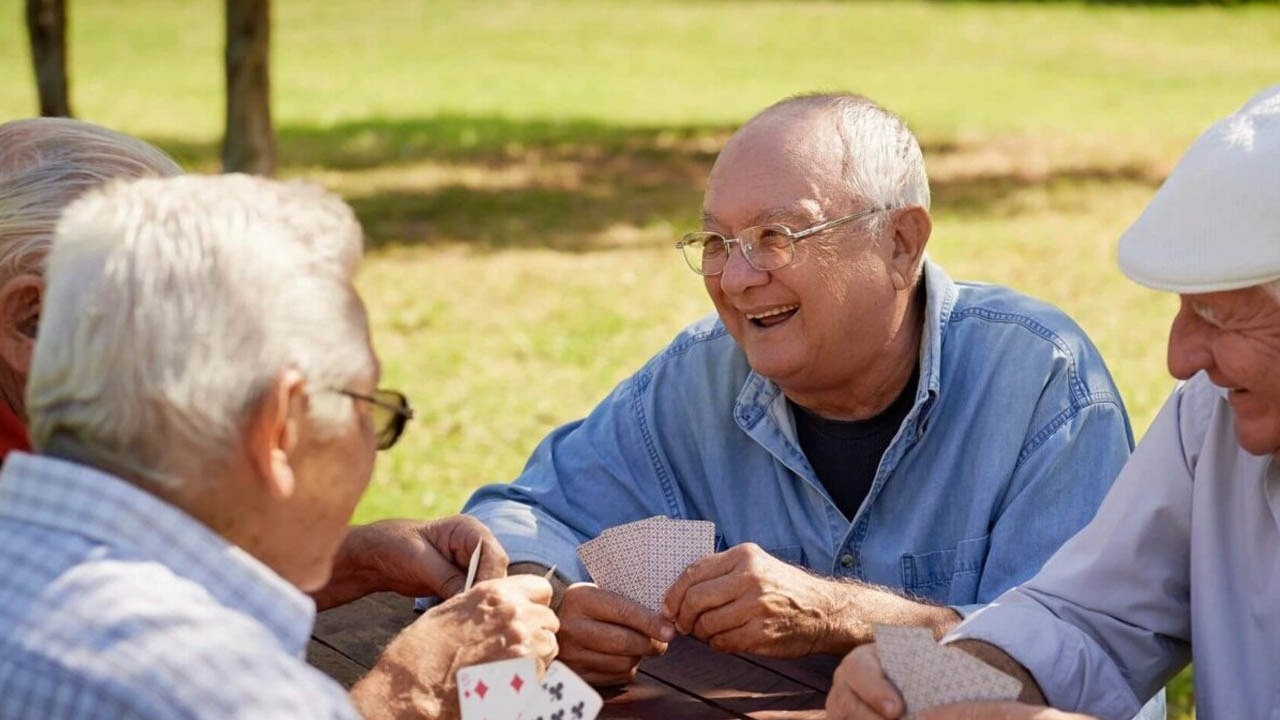

What COVID Revealed to Me About Communicating with the Elderly and Other Thoughts

The week before my mother-in-law turned 98, I received a call at 3:15 in the afternoon saying that her assisted living facility would stop family visitation as of 6 p.m. that evening. She lives in a CCRC (Continuous Care Retirement Community) which accommodates independent, assisted, and skilled nursing.
As I was near the exit to her community, I drove straight there. I called my husband, her son, and requested that he go to our house, gather whatever she might need, and head over. We decided to also bring cleaning supplies as we didn’t know if that service would be interrupted as well.
That was March 12th. Three weeks later the staff organized Zoom calls, weekly, for 15 minutes. 10 weeks later (end of May) they added a 10-minute “drive-by” where we would remain in our car with a mask and they would bring her within 6 feet of the car to visit. That ended this week when, for the first time, one of the residents tested positive for the virus.
There have been many communication challenges:
While the drive-by was a wonderful idea, our loved one has macular degeneration and the time of day, with the angle of the sun, made that first visit difficult for her. Even with sunglasses and an umbrella perched near her, she really could not see us.
She has reached the stage of life where technology is not her friend. She never got the “hang” of a smartphone. Therefore, something like Facetime has not been an option for us.
The isolation has caused some confusion with elapsed time. This has happened with some others there as well. The calendar is clear to her on what day it is. But the connection of what happened yesterday or that mailing something yesterday doesn’t mean we’ve got it today.
When there has been an occasional power outage, her answering machine needed to be reset. Or during a recent storm, her regular phone went out for several hours. We asked the staff to find her cell phone and give it to her. These are things we took for granted that we could “run over there” and fix.
I heard a story on NPR this morning about residents in healthcare facilities who are declining because of the lack of connection.
Since we know how important connection is to thriving – what can we do to keep her engaged in more than one 15-minute interaction per week? We are looking at video calling devices. For a younger person, getting an iPhone or iPad would be the logical option. But we can’t get in there to give her a tutorial. We’re looking at the Facebook Portal because it is always “on” and it wouldn’t require the multiple steps that other devices may. There are also other devices specifically designed for seniors with simplicity in mind. I’m still researching options.


